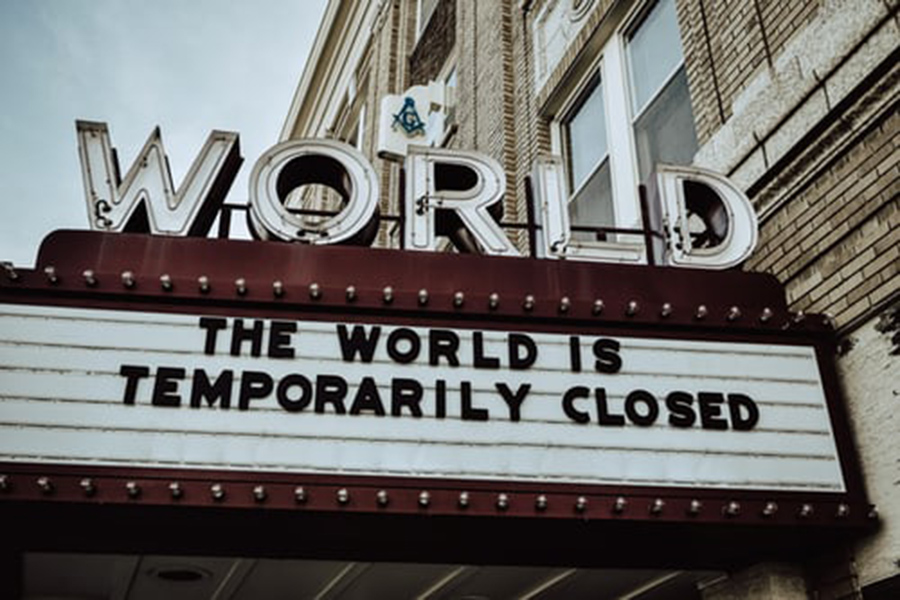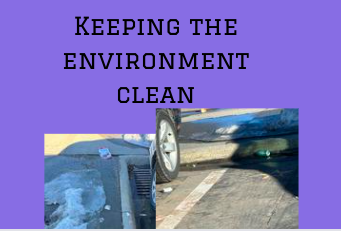US Economy in Crisis
March 31, 2020
The Coronavirus does not only have a large impact on our daily lives, but it also has a significant impact on the economy. The almost complete shutdown of the economy is set to cause the deepest economic slump in US peacetime history.
A large number of restaurants are closed, flights are cancelled, movie theaters and a lot of other businesses are shut down to reduce the risk of spreading the Coronavirus. That means a lot of companies don’t have any revenue anymore. However, they still have to pay their fixed costs, such as the rent for their store, wages, insurance premiums, etc. That’s why for many companies there’s a big risk of becoming bankrupt during this current state of emergency.
Depending on how long this shutdown will last and how the government reacts, the consequences might be more or less severe. Experts expect that due to the severe drop in economic activity, the gross domestic product (GDP) could slump by as much as 50% and the unemployment rate could rise to 20% or more.
It is important that the government together with the Federal Reserve System (Fed) provide enough support to prevent too many firms from failing. The government and the Fed have already announced giant liquidity and rescue programs to provide financial support and help to the firms that need it. On March 25, the Senate already passed a $2 trillion relief package of which more than $150 billion will go into the health care system. $150 billion of the package will be given to state and local governments to address spending shortages related to the Coronavirus pandemic. $350 billion will be given in the form of loans to small businesses impacted by the pandemic. Some of those loans could even be forgiven.
Once the shutdown ends, there is hope of a v-shaped recovery. That means after the current sharp decline in economic activity there would be a sharp rise back to its previous peak. For this to happen it is of importance that the government and Fed succeed in avoiding large-scale bankruptcies so that people can still go back to their job when the restrictions are lifted.












